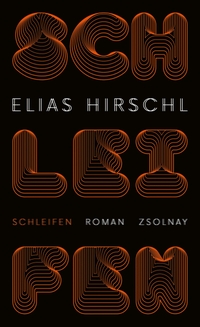The Internet provides the poet with easier and faster access to
translation software and to dictionaries, including user-made dictionaries such as the Russian
Multitran, dictionaries of contemporary usage such as
Reverso, classic one-language dictionaries like the German
Duden, the French
Littré, the Italian
Treccani, and
Oxford English Dictionary (the latter unfortunately behind paywall), dictionaries of etymology, etc., including early modern dictionaries accessible through Google Books. Finally, simple Google searches, Google Ngram, etc., provide additional data about words and their combinations. All of this makes it easier for the poet to think about lexical issues, and to use words in a more multidimensional, multilingual manner. At the same time, it is assumed that the reader of poetry is more Internet-savvy now also: that the poet need not explain some things because the reader will just look them up. There is a lot of material in my
Pirate where I expected the reader to perform a bit of an Internet search to fully appreciate the ironies of the text. (The Internet, of course, similarly facilitates access to encyclopedias.)
A great change has also come in the social organization of the poetry world. It has been brought by social media such as Facebook or Twitter, which led to the construction of national virtual communities with concomitant ostracism and ideological purges like in the US, but it has also enabled the construction of international communities like that of liberal, primarily Russophone writers with origins in the post-Soviet space, or the even more international community around
Asymptote and similar global, English-language publications.
In keeping with Russian practice, I often post freshly finished poems (in English) to Facebook where they can be read by people who would never, ever hold the same paper magazine in their hands because they live all over the globe and participate in different societies and languages. This way, reader-writer exchanges about posted poems can happen almost instantaneously after composition (I may change text based on reader feedback). By contrast, US paper magazines generally take around 18 months for the text to appear in print, and their readership is anonymous and generally does not provide feedback.
Eugene Ostashewsky Elias Hirschl: Schleifen
Elias Hirschl: Schleifen